Great Lakes round gobies a mixed blessing
1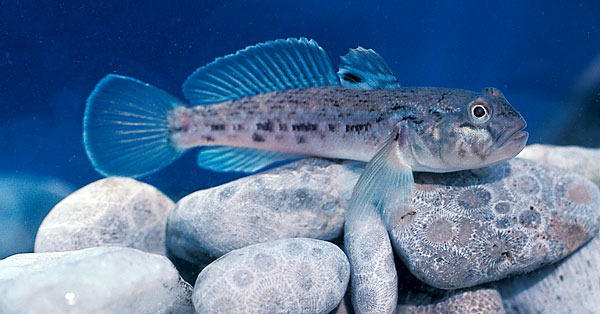
For all the trouble they bring, it turns out the invasive round goby might also be doing the Great Lakes a small service. In addition to being a valuable food source for numerous sport fish, the small bottom feeder also has an appetite for another, more notorious Great Lakes invader — the zebra mussel.
“When the round gobies arrived, lunch was already waiting for them,” Linda Campbell, an associate biology professor at Queens University, told the Chicago News Cooperative. That lunch was the zebra mussel, which has caused millions of dollars in damage due to dense clusters that clog intake pipes and drains. Gobies are one of the mollusks’ few predators.
The catch? Zebra mussels are carriers of type E botulism, which the gobies help move further up the food chain. The environmental threat of the disease was previously limited due to predator absence. But as invading zebra mussels filter water, they also absorb C. botulinum, a bacterium present in decaying cladophora algae. The gobies pick up the disease when they gorge on the mussels, which then reaches birds that prey on infected gobies and often die as a result.
“Round gobies are a good example of how an invasive species can have a foot in two worlds,” said Joel Brammeier, president of the Alliance for the Great Lakes, at an international conference on invasive species held by the University of Chicago.
Researchers estimate the botulism outbreak has killed as many as 8,000 native and migratory birds. Among the affected are endangered species, such as the bald eagle and piping plovers. Botulism has killed an estimated total of 50,000 birds on Lakes Erie and Ontario since 1999.
A Great Lakes Invader is Doing Some Good [Chicago News Cooperative] Botulism is Killing Great Lakes Birds [redOrbit] Botulism E in Lake Erie: Ecology and Lower Food Web Transfer [GLRC] Zebra Mussels Plague Region’s Waterways [News-Sentential]
Image Credit: Courtesy of David Jude




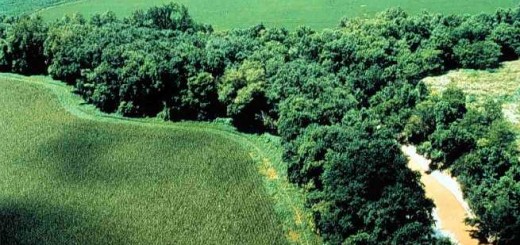
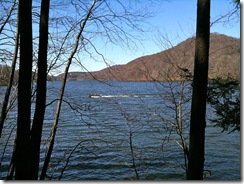

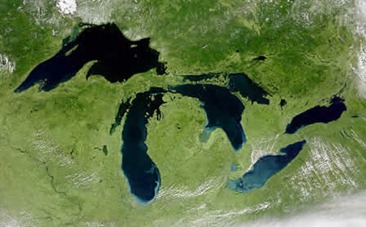


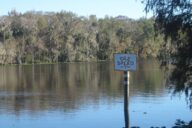
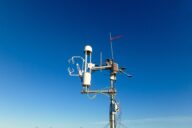


There is no such thing as a good invasive species. Native Perch will eat both Gobies and zebra quagga mussels. The gobies eat fish eggs are at last report were spreading into the trout streams. Trout do not guard thier eggs so they’re are feeding gobies.